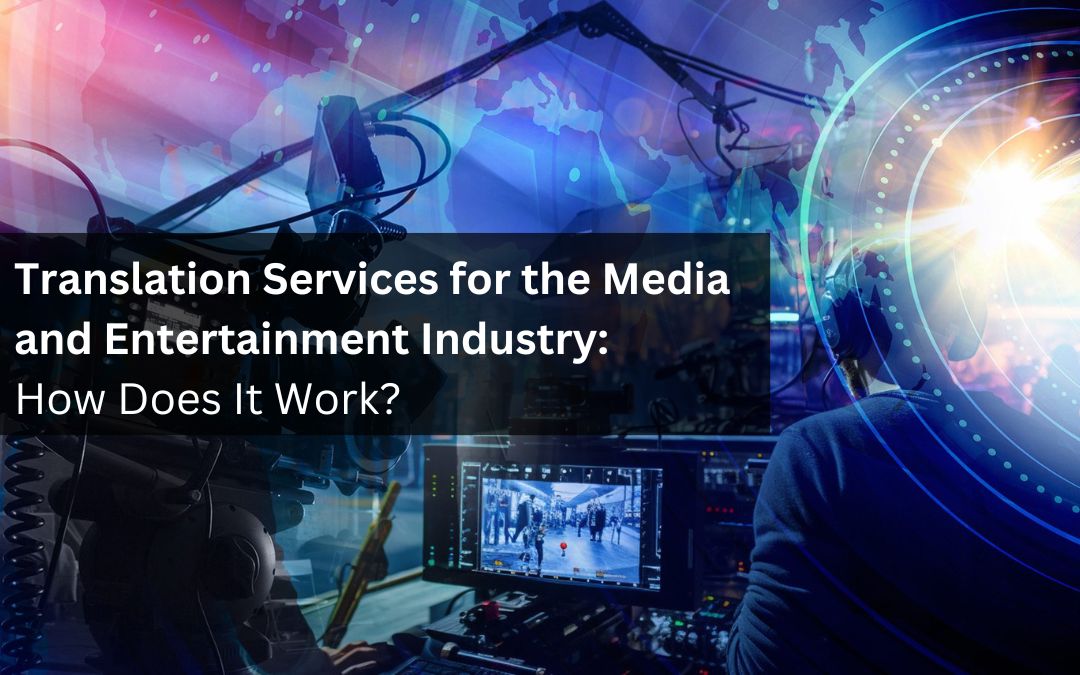The global reach of the media and entertainment industry is undeniable. From blockbuster films to chart-topping music hits, content creators seek to share their masterpieces with audiences worldwide. However, with the vast linguistic and cultural diversity of global audiences, how do creators ensure that their content resonates universally? The answer lies in the power of translation services.
1. The Heartbeat of Global Entertainment
The media and entertainment industry thrives on storytelling. Whether it’s a gripping TV series, a melodious song, or an engaging video game, stories are at the core. Translation services play an essential role in adapting these stories for different linguistic and cultural contexts, ensuring that the essence and emotion of the content remain intact.
2. More Than Just Language
At its core, translation is about converting content from one language to another. However, in the media and entertainment sector, it’s not just about literal translation. It’s about localization. This means adapting content to the cultural, social, and regional nuances of the target audience. It involves understanding idioms, humor, traditions, and even regional slang to ensure the translated content feels native.
3. The Different Facets of Translation in Entertainment
- Subtitling: One of the most common forms of translation in films and TV shows. It involves displaying translated text at the bottom of the screen, allowing viewers to read along while listening to the original audio.
- Dubbing: Here, the original audio is replaced with voiceovers in the target language. It’s a complex process that requires voice actors, sound engineers, and translators to work in tandem.
- Lyric Translation: For the music industry, translating lyrics while retaining the song’s rhythm and rhyme is a challenging yet crucial task.
- Video Game Localization: Beyond just translating text, it involves adapting graphics, audio, and even game mechanics to suit the target audience’s cultural preferences.
4. The Role of Technology
With advancements in AI and machine learning, automated translation services are on the rise. However, in the entertainment industry, the human touch remains irreplaceable. While technology can assist in initial translations, human translators ensure cultural accuracy and emotional resonance.
5. Challenges and Solutions
The media and entertainment industry often operates on tight schedules. Translation services need to be swift without compromising on quality. Professional translation agencies often employ teams specializing in various entertainment niches, ensuring both speed and precision.
6. A Boon for Content Creators
With translation services, content creators can tap into global markets with ease. It allows them to increase their reach, boost revenues, and gain international acclaim. Moreover, it fosters cultural exchange, bringing the world closer together through the universal language of entertainment.
Conclusion
In an interconnected world, the media and entertainment industry cannot afford to be limited by language barriers. Translation services act as a bridge, connecting creators with global audiences and ensuring that art, in all its forms, is universally accessible and appreciated. As the demand for global content continues to rise, the role of translation services will only become more pivotal.

